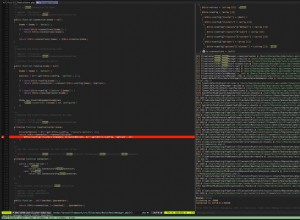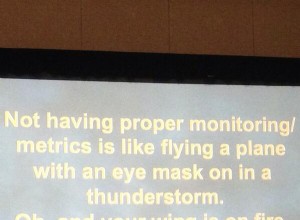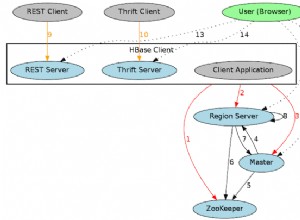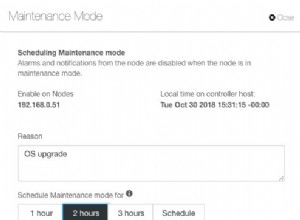Eu sou o autor da essência. O código funcionou até
express-session começou a forçar cookies assinados e começou a implementá-los de uma maneira diferente. Atualizei a essência para funcionar com a versão mais recente de
express-session . Uma cópia da essência segue por conveniência:app.js:
var express = require('express'),
app = express(),
cookieParser = require('cookie-parser'),
session = require('express-session'),
RedisStore = require('connect-redis')(session);
app.use(express.static(__dirname + '/public'));
app.use(function(req, res, next) {
if (~req.url.indexOf('favicon'))
return res.send(404);
next();
});
app.use(cookieParser());
app.use(session({
store: new RedisStore({
// this is the default prefix used by redis-session-php
prefix: 'session:php:'
}),
// use the default PHP session cookie name
name: 'PHPSESSID',
secret: 'node.js rules',
resave: false,
saveUninitialized: false
}));
app.use(function(req, res, next) {
req.session.nodejs = 'Hello from node.js!';
res.send('<pre>' + JSON.stringify(req.session, null, ' ') + '</pre>');
});
app.listen(8080);
app.php:
<?php
// this must match the express-session `secret` in your Express app
define('EXPRESS_SECRET', 'node.js rules');
// ==== BEGIN express-session COMPATIBILITY ====
// this id mutator function helps ensure we look up
// the session using the right id
define('REDIS_SESSION_ID_MUTATOR', 'express_mutator');
function express_mutator($id) {
if (substr($id, 0, 2) === "s:")
$id = substr($id, 2);
$dot_pos = strpos($id, ".");
if ($dot_pos !== false) {
$hmac_in = substr($id, $dot_pos + 1);
$id = substr($id, 0, $dot_pos);
}
return $id;
}
// check for existing express-session cookie ...
$sess_name = session_name();
if (isset($_COOKIE[$sess_name])) {
// here we have to manipulate the cookie data in order for
// the lookup in redis to work correctly
// since express-session forces signed cookies now, we have
// to deal with that here ...
if (substr($_COOKIE[$sess_name], 0, 2) === "s:")
$_COOKIE[$sess_name] = substr($_COOKIE[$sess_name], 2);
$dot_pos = strpos($_COOKIE[$sess_name], ".");
if ($dot_pos !== false) {
$hmac_in = substr($_COOKIE[$sess_name], $dot_pos + 1);
$_COOKIE[$sess_name] = substr($_COOKIE[$sess_name], 0, $dot_pos);
// https://github.com/tj/node-cookie-signature/blob/0aa4ec2fffa29753efe7661ef9fe7f8e5f0f4843/index.js#L20-L23
$hmac_calc = str_replace("=", "", base64_encode(hash_hmac('sha256', $_COOKIE[$sess_name], EXPRESS_SECRET, true)));
if ($hmac_calc !== $hmac_in) {
// the cookie data has been tampered with, you can decide
// how you want to handle this. for this example we will
// just ignore the cookie and generate a new session ...
unset($_COOKIE[$sess_name]);
}
}
} else {
// let PHP generate us a new id
session_regenerate_id();
$sess_id = session_id();
$hmac = str_replace("=", "", base64_encode(hash_hmac('sha256', $sess_id, EXPRESS_SECRET, true)));
// format it according to the express-session signed cookie format
session_id("s:$sess_id.$hmac");
}
// ==== END express-session COMPATIBILITY ====
require('redis-session-php/redis-session.php');
RedisSession::start();
$_SESSION["php"] = "Hello from PHP";
if (!isset($_SESSION["cookie"]))
$_SESSION["cookie"] = array();
echo "<pre>";
echo json_encode($_COOKIE, JSON_PRETTY_PRINT);
echo json_encode($_SESSION, JSON_PRETTY_PRINT);
echo "</pre>";
?>




